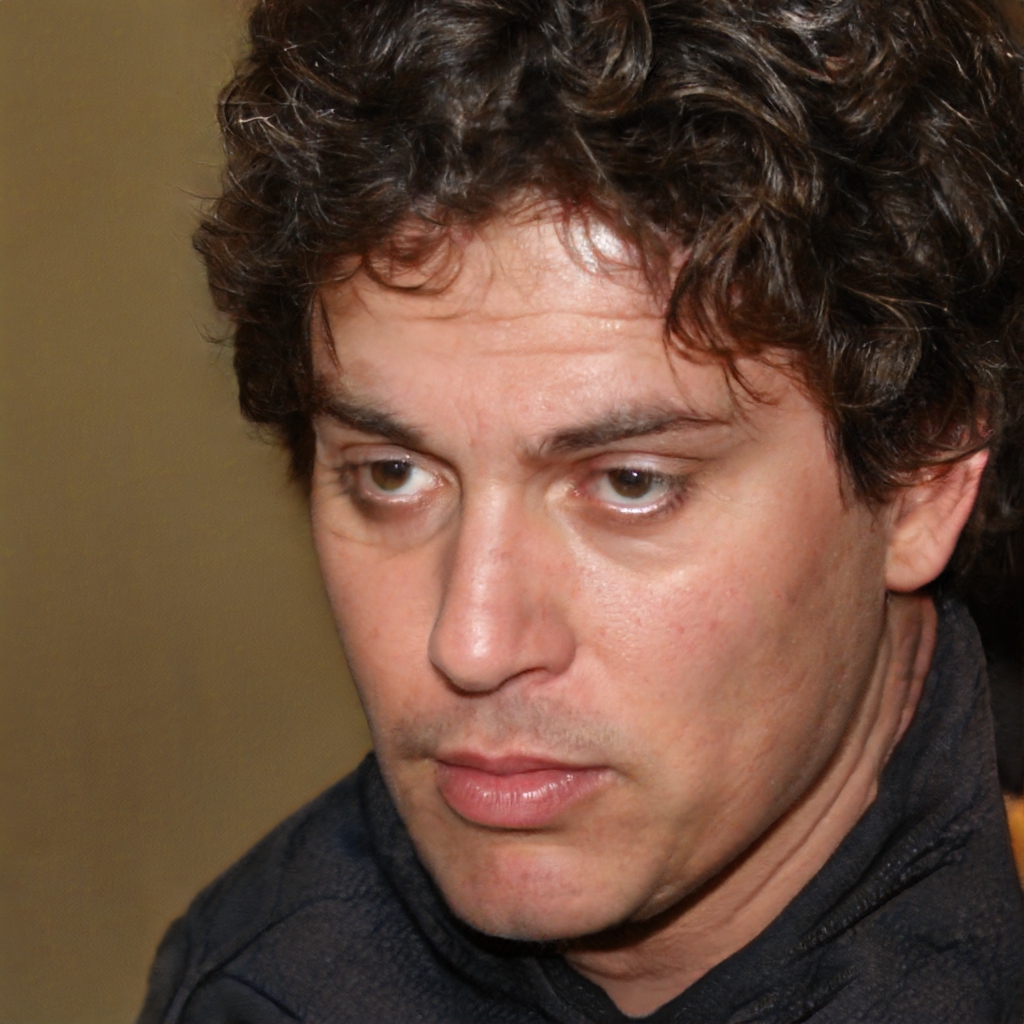With the approval of the Directive on Copyright in the Digital Single Market, it could definitively change the way we browse. Here's why
Approved by the European Parliament last March 27, 2019 and ratified by the European Council on April 15, 2019, the Directive on Copyright in the Digital Single Market is, quite possibly, one of the most contested EU regulations of recent times. The copyright reform has been criticized by large web companies, European academics and associations and activists in defense of freedom of expression.
The rule was created with the aim of creating a common reference framework at the continental level within a sector - that of copyright and its protection - in continuous evolution. The appearance of user generated content platforms, which allow users to upload content of any kind, from video to text, has substantially changed the landscape of copyright. Anyone can publish anything online, regardless of whether it is an original work or content created by someone else and, therefore, protected by copyright. The European Union's new copyright law was therefore necessary in order to "respond" to the countless requests that came with the advent of the web.
As mentioned, however, the measures adopted by the European Parliament seem to have missed the point. Or, at least, this is what both web companies and freedom of expression activists claim. In the weeks and months that preceded the approval of the measures, various forms of protest were put in place to make users and citizens aware of what was happening. Wikipedia obscured several times its own headlines and images found on its platform; YouTube showed for some days a warning on all its pages; Google changed the display of its search results; European academics and activists drafted a letter, delivered to the European parliamentarians, asking for substantial changes to the structure of the law.
EU copyrighter reform: the contested points
Most of the criticism focuses on two articles in particular: article 11, which regulates the relationship between publishers and journalists with companies that publish snippets and short extracts of their content; and article 13, which obliges managers of user generated content platforms to obtain licences in advance for the publication of multimedia content and to verify before putting content online whether or not it infringes copyright. According to critics, these two points (which became respectively article 15 and article 17 in the text finally approved by the Strasbourg Chamber) would not only be ineffective, but would severely limit the freedom of online expression of European Internet users.
Article 13 of the new copyright law: what the text says
Article 13 of the copyright directive, entitled "Use of protected content by providers of information society services that store and give access to large amounts of works and other subject matter uploaded by users", imposes new operating rules on UGC platforms (such as YouTube, Facebook, Vimeo and other such portals).
The platforms will have to contract in advance with copyright holders and managers to obtain licenses that cover all possible content that users might post. As it is easy to imagine, it is a boundless amount of content, probably impossible to catalogue with precision and accuracy. The rule then forces platforms to put in place "appropriate and proportionate" measures to prevent unlicensed content from being published. What does this mean? According to many analysts and copyright experts, UGC platforms will have to use much more powerful and effective upload filters than those already employed today. And it is this last point that has attracted the criticism of European activists and academics: a filter so conceived, in fact, would be contrary to the principles of openness and free circulation of information on the Internet.
Startups with less than three years of life and a turnover of less than 10 million euros are exempt from these obligations. Also saved are memes, GIFs and satire. The rule approved by the Parliament in Strasbourg provides a safe-conduct for content related to satire, caricatures, parodies, reviews and criticism.
What changes for users and websites
The reform of European copyright will have no immediate repercussions. As foreseen by the approval process of the European Union laws, in fact, the ball is now in the hands of the Member States, which have two years to ratify the text passed by the Strasbourg Parliament and the European Council. In this period of time, the national parliaments could modify and/or integrate the norms present in the Directive, while the new European Parliament (elected on May 26) could also decide to retrace its steps and modify the most contested norms.
Once the reform comes into force, however, things could change radically. As we've already seen with Article 11, the web user experience could be radically altered. Not only could news aggregators disappear and search engines be forced to change the way they display their results, but we could also be forced to revise the way we use sites like Facebook and YouTube.
First of all, article 13 (or article 17 in the new version) excludes that the user can be sued in case of copyright infringement: the only responsible will be the platform hosting the content, unless it proves to have done everything possible to prevent the content from being published. In the past months, for example, Facebook was forced to pay compensation to Mediaset for copyright infringement after a user had published in a closed group episodes of cartoons broadcasted by the Biscione's networks.
Users, instead, could see limited the freedom to upload any kind of content on their wall or personal profiles. Just to avoid running into sanctions of any kind, platforms will have to adopt technologies that check in advance the contents that users want to upload on their servers. In short, upload filters that sift through everything users would like to upload online.
